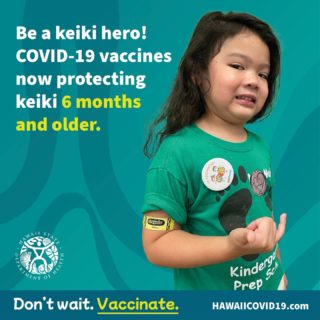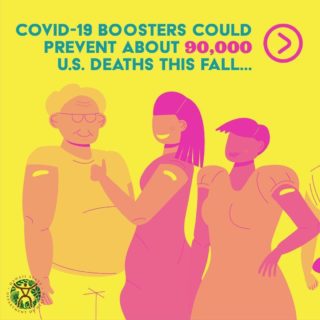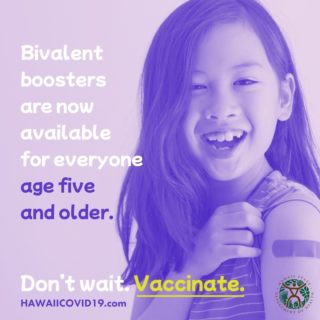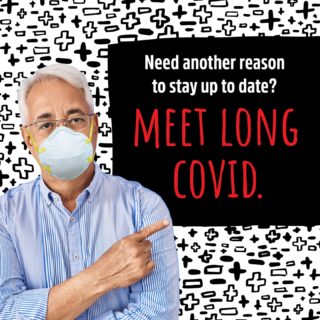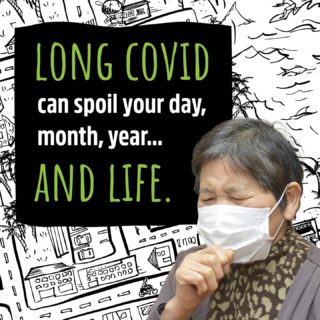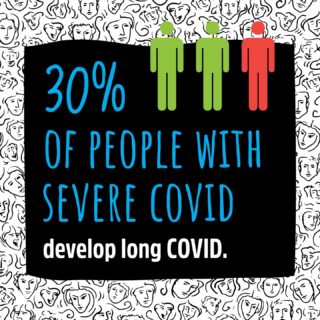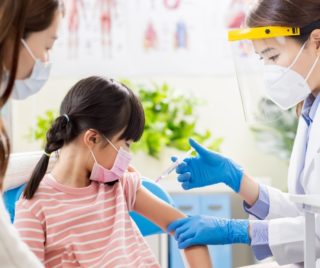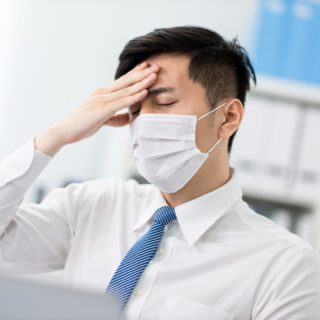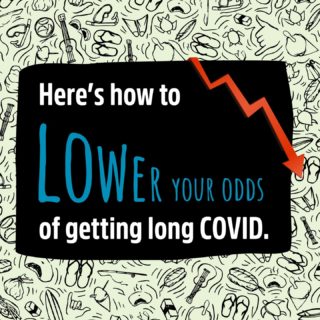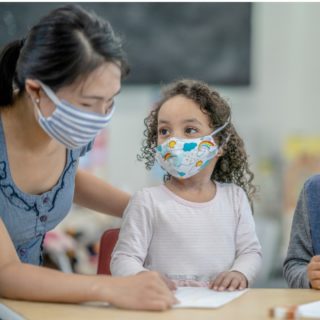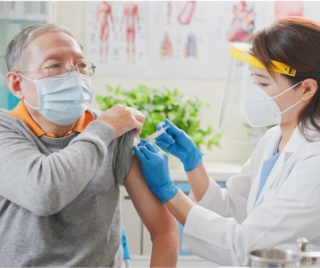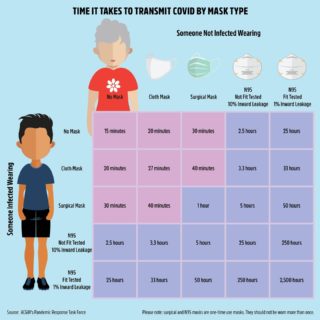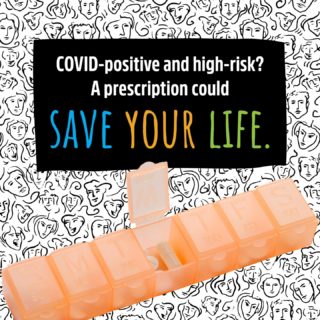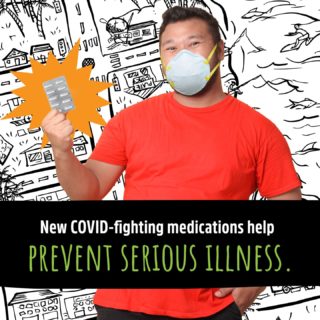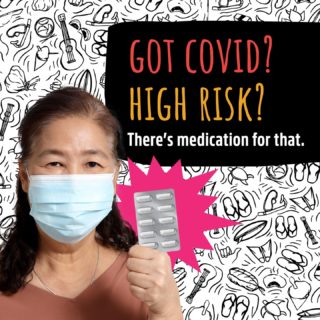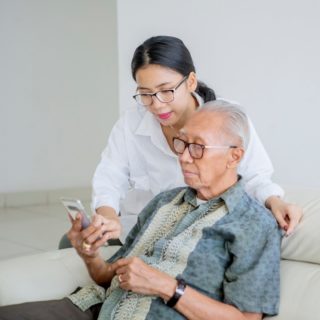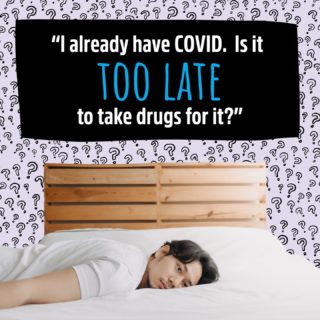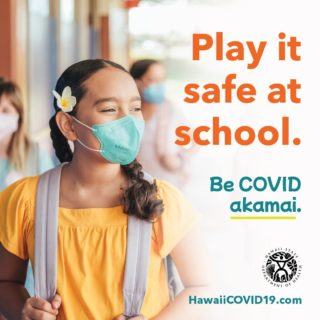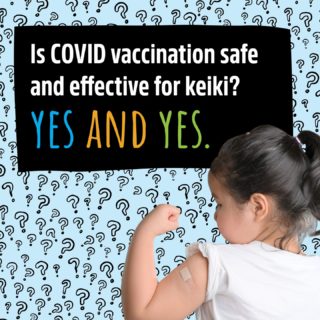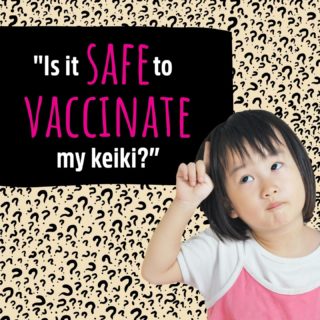It is possible to continue testing positive 14 days after your initial positive test. However, that does not mean that you’re still contagious. Current research is indicating that the infectious time period ranges from a few days to two weeks with the average time period being around four days.
Therefore, to cover the possible infectious time period, the CDC and the Hawai‘i State Department of Health recommend:
- Isolate for at least five days
- After you’ve isolated for 5 days, you can end isolation if:
- You have no fever for 24 hours without taking any fever-reducing medicines
AND - Your symptoms are improving
- You have no fever for 24 hours without taking any fever-reducing medicines
- If you have a fever and/or your symptoms have not improved, please remain in isolation
After you end isolation, please strictly mask for another five days – meaning ALWAYS wear a well-fitting N95 (or equivalent) mask WHENEVER you’re around anyone else.
For more detailed information, please visit the DOH Isolation and Exposure Guidelines.
Please note, it is possible to continue having mild symptoms and testing positive for quite a while longer after you’ve stopped being contagious. So, if your symptoms are better AND you’ve self-isolated for a minimum of five days AND you’ve strictly masked for another five days, the risk of passing on the virus is very low.
If you have concerns specific to your health situation, please consult your doctor.
Sources: : https://www.cdc.gov/coronavirus/2019-ncov/if-you-are-sick/quarantine-isolation-background.html (CDC)
https://hawaiicovid19.com/wp-content/uploads/2020/11/Summary-Guidance-for-COVID-19-Cases-and-Contacts.pdf (DOH)
https://www.cdc.gov/coronavirus/2019-ncov/your-health/quarantine-isolation.html# (CDC)
Updated 08/16/2022

